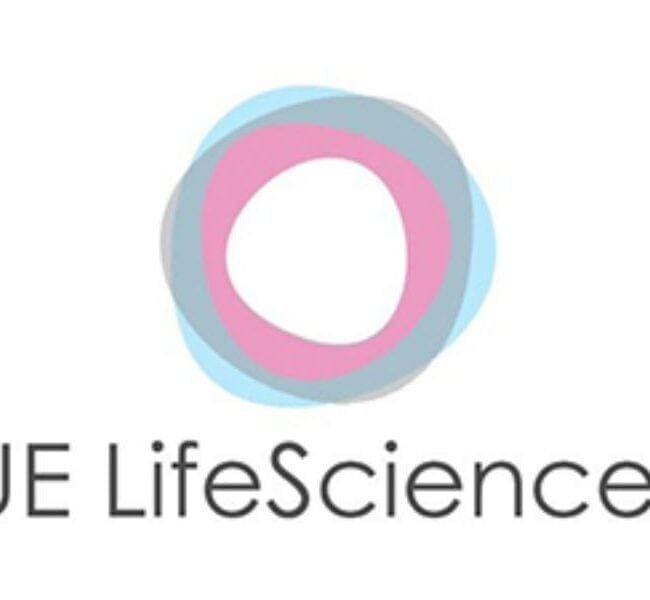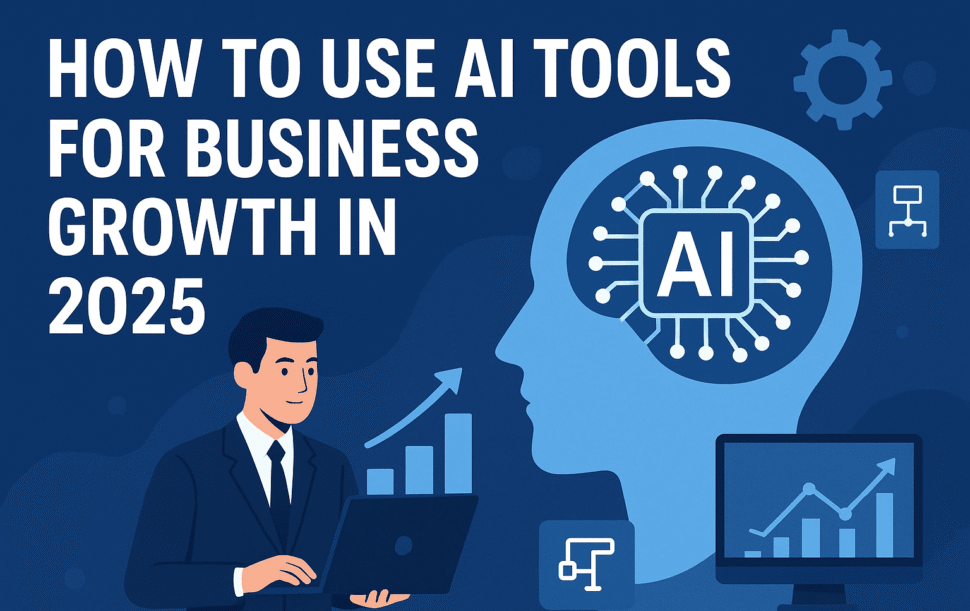
Know The Importance of Search Engine Optimization (SEO) in 2025
Understanding Search Engine Optimization: A Brief Overview
Search engine optimization (SEO) is a vital component of digital marketing that focuses on enhancing a website’s visibility on search engine results pages (SERPs). Over the years, SEO has evolved significantly, transitioning from simple keyword stuffing to a more intricate process involving multiple factors. At its core, effective SEO encompasses keyword research, on-page optimization, off-page optimization, and technical SEO. Each item plays a distinct role in a comprehensive strategy.
Keyword research involves identifying relevant terms and phrases that potential customers use to search for products or services. This foundational aspect informs all other elements of SEO, driving both content creation and optimization efforts. On-page optimization focuses on enhancing individual web pages to rank higher. It encompasses tactics such as optimizing title tags, meta descriptions, and header tags, along with ensuring high-quality content that meets user intent.
Off-page optimization, on the other hand, involves strategies outside of the website itself, primarily revolving around link building and social media engagement. These off-site factors signal to search engines the credibility and authority of a website, influencing its ranking potential. Meanwhile, technical SEO addresses backend aspects like site speed, mobile-friendliness, and secure connections, all of which are increasingly critical as search engines continue to prioritize user experience.
As algorithms and ranking factors evolve, search engines like Google have made significant adjustments to their systems. These changes emphasize understanding user behavior and preferences. This leads to a shift towards high-quality, informative content that directly caters to user needs. As businesses prepare for the digital landscape of 2025, comprehending these essential components of SEO will be fundamental in crafting effective strategies. Investing in SEO not only boosts visibility but also establishes a strong online presence, which is imperative in a competitive digital marketplace.
The Role of User Experience in SEO
In the rapidly evolving landscape of digital marketing, the significance of user experience (UX) in search engine optimization (SEO) has become increasingly pronounced. As search engines continually refine their algorithms to prioritize the needs of users, businesses must focus on enhancing UX to improve their rankings. A seamless and engaging user experience directly correlates with key performance metrics that impact SEO, such as bounce rates, time on site, and conversions. This makes UX a critical component for success in 2025.
Website performance is paramount; slow-loading pages can frustrate users, leading to higher bounce rates and lower engagement levels. Research has shown that websites that load within three seconds tend to retain users significantly better than those that take longer. For instance, a case study involving a major e-commerce platform revealed that optimizing page speed led to a 20% increase in user retention and a corresponding uptick in conversion rates. This exemplifies how improving website performance can yield tangible SEO benefits.
In addition to speed, mobile-friendliness plays a crucial role in UX and, consequently, search engine rankings. With more users accessing websites via mobile devices, Google’s mobile-first indexing means that the mobile version of a site is prioritized in search results. Companies that adopted responsive design and made their websites mobile-friendly saw substantial improvements in their SEO performance. For example, a popular travel website reported a 30% increase in organic traffic after implementing a mobile optimization strategy.
Moreover, user engagement, measured through interactions and feedback, significantly influences SEO effectiveness. Websites that prioritize user engagement by leveraging user-friendly interfaces and offering quality content see improvements in their overall visibility in search engines. As we approach 2025, businesses must recognize the integral relationship between user experience and search engine optimization. By investing in UX, they are likely to enhance their search rankings and solidify their presence in the competitive digital ecosystem.
Emerging Trends in Search Engine Optimization for 2025
As we move towards 2025, it is crucial to anticipate the emerging trends in search engine optimization (SEO) that are likely to redefine the digital marketing landscape. One of the most significant trends is the increasing importance of voice search. With the proliferation of smart speakers and virtual assistants, users are shifting towards voice queries as their preferred method of search. This transition demands that businesses optimize their content for conversational keywords and phrases, ensuring that they capture these voice-driven searches effectively.
Additionally, artificial intelligence (AI) is set to play a pivotal role in content optimization. AI-driven tools are becoming proficient in analyzing user intent and engagement metrics, allowing businesses to create more relevant and tailored content. As AI algorithms continue to evolve, they will enhance the precision of search engine results, compelling marketers to prioritize quality and relevance in their SEO strategies. Understanding the nuances of AI-generated insights will be critical for organizations aiming to optimize their digital presence in the coming years.
Another noteworthy trend is the rise of video SEO. With video content gaining traction across various platforms, optimizing video for search engines is becoming essential for businesses aiming to enhance their visibility. This includes implementing metadata, closed captions, and engaging thumbnails, which collectively help search engines understand the context of the content. As consumer preferences continue to gravitate towards visual formats, businesses that harness video SEO will likely gain a competitive advantage.
Lastly, local search optimization is becoming increasingly important. As more consumers turn to their mobile devices for nearby services, local SEO strategies must be integrated into marketing plans. By optimizing their Google My Business profiles and encouraging customer reviews, businesses can significantly enhance their local search rankings. The shifting dynamics of search behavior highlight the urgency for companies to adapt and align their SEO practices with these emerging trends to remain competitive in the marketplace.



The Future of SEO: Strategies for Success
As we move further into 2025, the realm of search engine optimization (SEO) continues to evolve, presenting both challenges and opportunities for businesses. A proactive approach to SEO strategies is essential for maintaining visibility and engagement in an increasingly competitive digital landscape. Here are several actionable strategies to ensure SEO efforts are successful.
Firstly, content creation remains a cornerstone of effective SEO. Businesses should focus on producing high-quality, relevant content that addresses the needs and preferences of their target audience. This includes not only written content but also multimedia elements such as videos and infographics. Utilizing keyword research to identify trending topics can enhance content relevancy and increase engagement in search engine results.
Secondly, maintaining a robust backlink profile is crucial. Backlinks from reputable sites signal credibility to search engines and improve domain authority. Companies should pursue collaborations with other digital media platforms to earn quality backlinks. Engaging in guest blogging, influencer partnerships, and producing shareable content can significantly boost backlink opportunities.
Furthermore, leveraging data analytics is vital for refining SEO strategies. Businesses must routinely analyze their website traffic, user behavior, and conversion rates to assess the effectiveness of their current approaches. By using tools such as Google Analytics or SEMrush, companies can make informed decisions based on empirical data to optimize their digital marketing efforts.
Lastly, staying abreast of algorithm changes is imperative in the SEO landscape. Search engines frequently update their algorithms to enhance user experience and ensure content relevance. Keeping informed about these changes allows businesses to adapt their strategies accordingly, maintaining their competitive edge.
In conclusion, businesses that implement these strategies—focusing on quality content creation, robust backlink profiles, informed by data analytics, and responsiveness to algorithm updates—will better position themselves for success in search engine optimization in 2025 and beyond.











